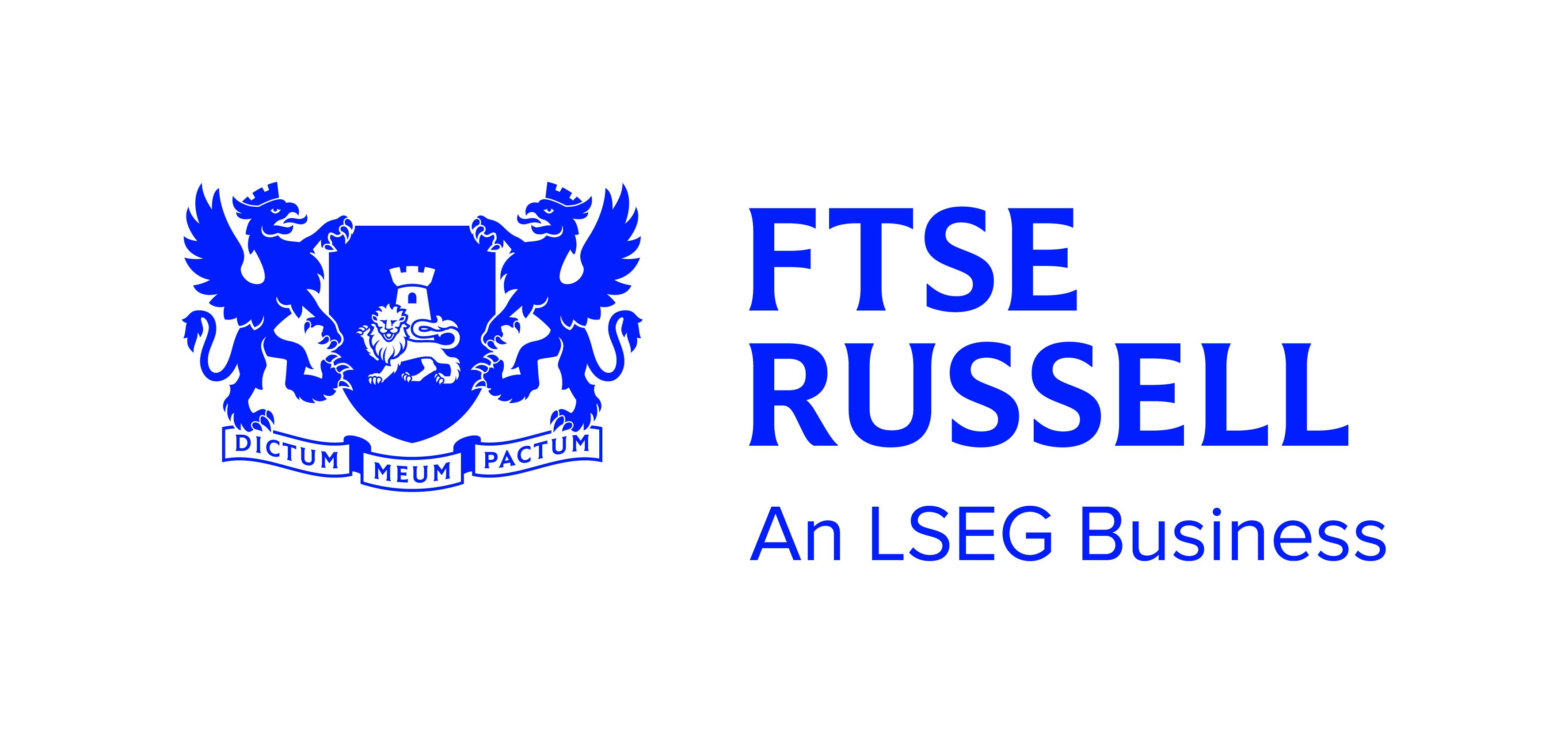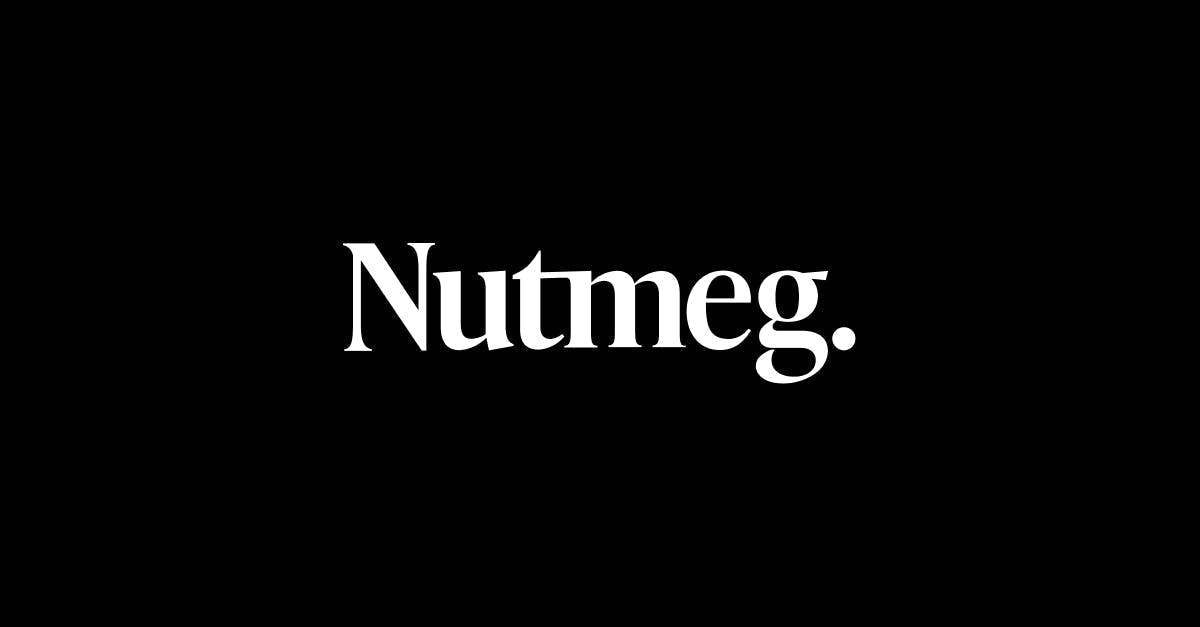Sovereign bonds and ESG have long been a contentious match-up for investors with arguably few products – if any – on the market which achieve it without significant challenges.
An ETF issuer’s ability to engage and influence governments around their environmental, social and governance practices is limited at best, while the huge number of criteria that can impact a countries ESG score (climate policies, weapon exports and human rights laws to name a few) makes it a minefield for investors.
The topic was brought to light again last week after DWS launched a global government bond ESG ETF based on a framework developed with FTSE Russell.
The German asset manager said the product – the Xtrackers ESG Global Government Bond UCITS ETF (XZWG) – has several key features that differentiate it from previous ESG sovereign bond ETFs, as it attempts to square the circle that has so far plagued products of a similar nature.
High ‘active’ share
One of the key differentiators of XZWG, according to DWS, is its high active share – the measure of how far the portfolio is diversified from the starting benchmark – which determines its overweight and underweight weightings using 41 “stringent” ESG indicators.
ESG scores for each country will be calculated across three performance pillars ‘E’,’S’ and ‘G’.
The environmental performance will be measured through energy, climate and resource metrics, while social performance will consider inequality, employment, human capital, health and social wellbeing. Governance will measure corruption, government effectiveness, political stability, regulatory quality, rule of law and voice and accountability.
On the face of it, the ESG tilts imposed by XZWG are more stringent than its counterparts.
For example, the $395.5m UBS UBS ETF J.P. Morgan Global Government ESG Liquid Bond UCITS ETF (EGOV) currently the only UCITS ETF labelled as “ESG” while offering a global sovereign debt exposure, simply excludes the lowest five countries based on ten bands of ESG performance.
Simon Klein, head of passive sales at DWS, said: “The product is not managed actively but the key feature is the active share compared to the benchmark is quite high, and that leads to, for example, there being a large underweight of the US and an overweight of Germany.”
While underweight the US, the largest carbon emissions producer on the planet and a country where certain States still hold the death penalty, it is still the largest holding in the ETF at 26.1%, however, this is compared to a 42.2% weighting in EGOV.
Klein added: “The challenge is then to have an active share that also limits the tracking error, while still driving ESG improvements. If you do not have the active share, then you do not improve the ESG score.”
Brad Holland, director of investment strategy at Nutmeg, said global government bonds have an important role to play in the diversification of a portfolio, while an ESG tilt, such as that on XZWG, intensifies this.
“An ESG tilt within global government bond portfolios not only adds another layer of diversification for global government portfolios, but it also catches the fast-growing investment trend towards discriminating between good and bad actors, when looking through an ESG lens,” he said.
Limited progress made
In addition, the index excludes countries not designated as “free” by the non-profit organisation Freedom House, another important addition which other ESG sovereign debt ETFs also do not include.
Although on focusing on emerging markets, the L&G ESG Emerging Markets Government Bond (USD) 0-5 Year UCITS ETF (EMD5), which includes countries such as UAE, Oman, Saudi Arabia and Qatar, all of which have a reputation for poor human rights and are defined as ‘not free’ by Freedom House.
Despite the improvements on the higher active share and greater ESG tilting, the difference in scoring and rating systems between products means it is hard to say for sure if any material difference has been made.
In addition, XZWG does not solve the engagement issue that so afflicts the asset class.
Speaking on the broader market issue, Terry McGivern, senior research analyst at AJ Bell, said: “The scale and size of the developed market sovereign debt market and the dominance of a small number of issuers, means engagement and the ability of investors to move the needle and precipitate change is blunted.”
Related articles:






